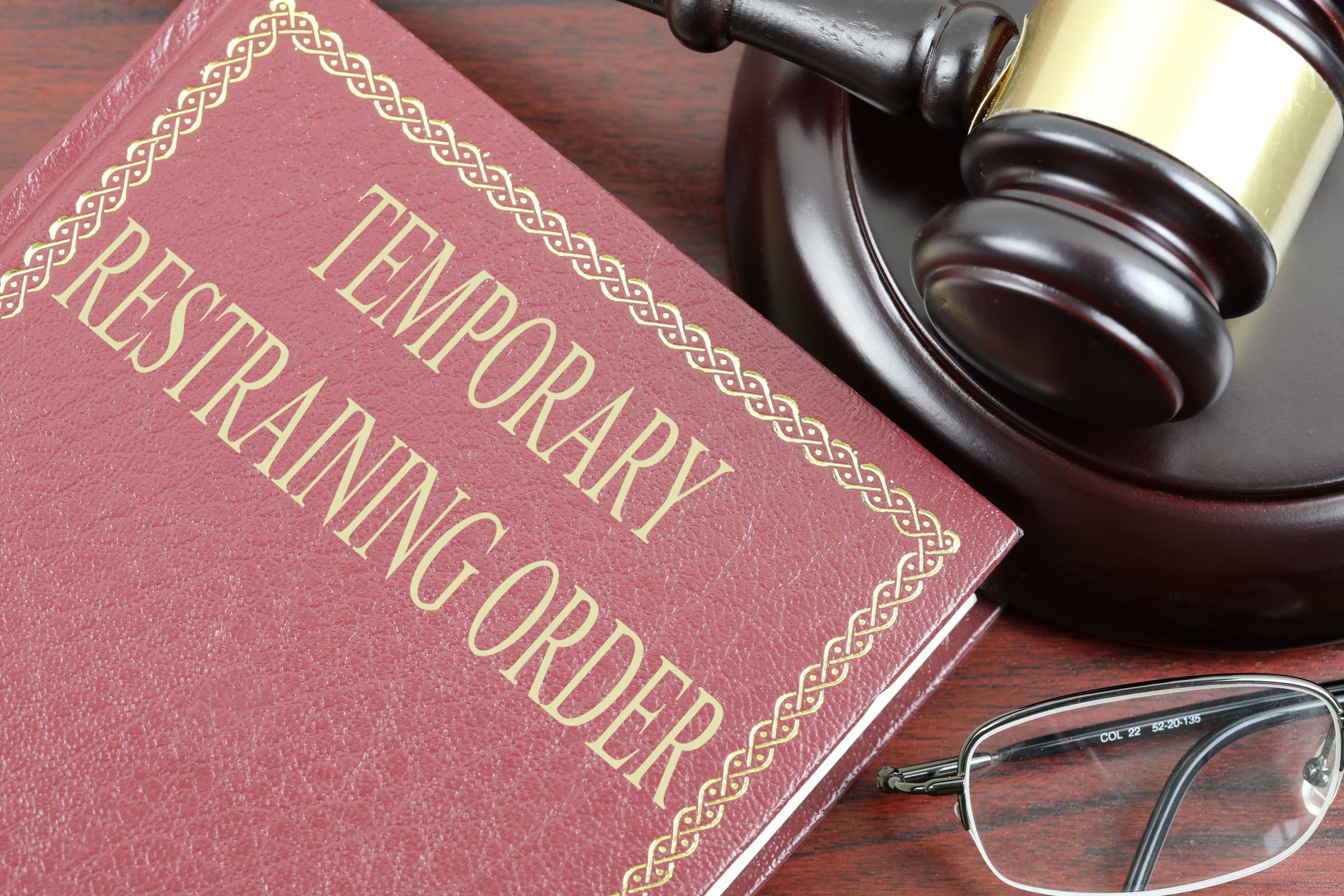A temporary restraining order can be issued against you either by a District Court Judge or a Family Court Judge. In either case the Judge is permitted to temporarily restrain you from contacting certain people and/or going to certain places. Due to the restrictive nature of this temporary order a hearing must be conducted within a certain time period to allow persons to defend themselves against these allegations.
Family Court TRO
Someone has filed a “Temporary Restraining Order” against you. This request is done “ex parte.” In other words, the Judge that reviews this request is allowed to grant this temporary order without any information from you. The order is temporary in nature and cannot continue without a hearing.
As your lawyer, we will discuss in detail the facts and circumstances surrounding your case prior to your hearing. I will review all of the documentation that you have provided and conduct any factual or legal research that your case demands.
The hearing in this matter is set within fifteen (15) days of the date that the Temporary Restraining Order was filed. At that hearing the Petitioner [person who brought the TRO against you] has the burden of proving their case against you. That person must be a family or household member as defined by law. They must show by preponderance of the evidence that there was “domestic abuse”. “Domestic Abuse” means physical harm, bodily injury, assault, or the threat of imminent physical harm, bodily injury , or assault, extreme psychological abuse or malicious property damage. “Extreme Psychological Abuse” means an intentional or knowing course of conduct directed at that person that seriously alarms or disturbs consistently or continually bothers that person, and that serves no legitimate purpose; provided that the course of conduct would cause a reasonable person to suffer emotional distress. “Malicious Property Damage” means an intentional or knowing damage to the property of another, without their consent, with an intent o thereby cause emotional distress. Should the Petitioner succeed in proving their case, the Court will impose an injunction against you. That injunction usually involves an order that you not contact the petitioner or go to their place of residence or business. It would further require that you attend a domestic violence class. A violation of the restraining order will result in your arrest and further criminal charges. The Court will dismiss the petition against you if they fail to prove their case.
Please understand that many hearings are scheduled on each hearing date. The hearing may or may not proceed on the scheduled hearing date. It is typical for you to wait for your case to be called. As your lawyer, we can discuss this scheduling during our meetings.
If you have children with the petitioner the Court will probably issue “temporary” orders regarding custody of those children. These orders are not permanent and can be reviewed at a custody hearing before a different judge.
District Court Temporary Restraining Order
Much of the process is the same as in family court.
The hearing in this matter is set within fifteen (15) days of the date that the Temporary Restraining Order was filed. At that hearing the Petitioner [person who brought the TRO against you] has the burden of proving their case against you. They must show by clear and convincing evidence that an act of harassment has occurred. Harassment is defined in two ways. First is physical harm, bodily injury, assault, or the threat of imminent physical harm, bodily injury, or assault. Second is to prove an intentional or knowing course of conduct directed at that person that seriously alarms or disturbs consistently or continually bothers that person, and that serves no legitimate purpose; provided that the course of conduct would cause a reasonable person to suffer emotional distress. Should the Petitioner succeed in proving their case the Court will impose an injunction against you for up to three years. That injunction usually involves an order that you not contact the petitioner or go to their place of residence or business. A violation of this order will result in your arrest and further criminal charges. Should the fail to prove their case the Court will dismiss the petition against you. You are free to pursue attorney’s fees and costs associated with your defense. I will not be pursuing those fees and costs pursuant to this agreement.
Legal Advise
You should contact an attorney, such as myself, to discuss the issues surrounding the issuance of a temporary restraining order. For instance, many times the allegations made are also criminal and therefore any statement that you make may be used against you if you are prosecuted criminally. There are other issues that you need to consider when dealing with this type of case. Please contact us for a free initial consultation. Remember that this consultation is done in person and is completely confidential.
